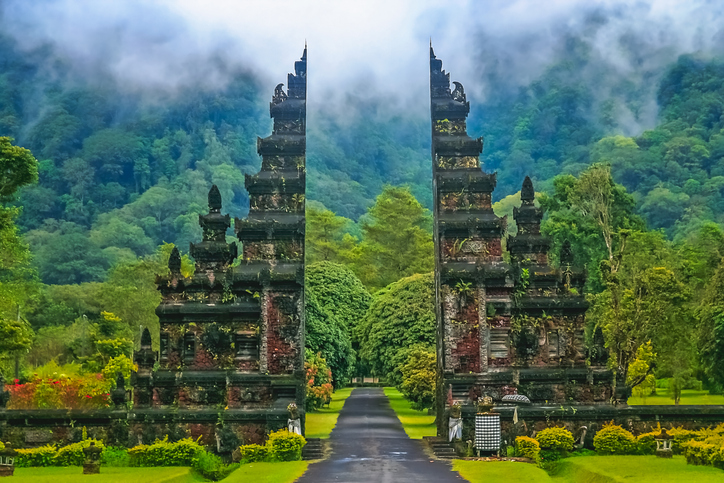
Bahasa Indonesia, the official and national language of Indonesia, has been designated an official language of UNESCO at its recent General Conference in Paris.
The official move to honor the lingua franca of the 17,500 islands making up the Indonesian Archipelago was confirmed at the 42nd Session of the UNESCO General Conference in November. This makes Bahasa Indonesia UNESCO’s 10th official language, in addition to Arabic, Chinese, English, French, Hindi, Italian, Russian, Spanish, and Portuguese.
Mohamad Oemar, the Indonesian Ambassador to France, Andorra, and Monaco, and Permanent Delegate to UNESCO, explained that Bahasa Indonesia is spoken by more than 275 million people. Worldwide, curricula in Bahasa Indonesia are being used in 52 countries, with approximately 150,000 non-native speakers.
”The recognition of Indonesian as the official language of the UNESCO General Conference will have a positive impact on peace, harmony, and the achievement of sustainable development goals not only at the national level but also throughout the world,” he said, as reported by Antara News.
The official recognition of the language may be expected to increase cultural and economic awareness of Indonesia globally. It also highlights Indonesia’s commitment to cultural development and its connection with other nations. In its 11 points of reasoning towards the decision, the official document by UNESCO states:
“The recognition of Bahasa Indonesia as the official language of the General Conference of UNESCO would not only ensure equitable information dissemination, promote inclusivity, nurture a deeper understanding and appreciation of its language and literature, but also strengthen collaboration with UNESCO, and reinforce its commitment to advancing global cultures, peace and sustainable development. Moreover, it is expected to elevate Indonesia’s international prominence, fostering greater cooperation and benefitting both the country and UNESCO’s mission worldwide.”
“The Indonesian language has been the nation’s uniting force since pre-independence times, especially through the Youth Pledge in 1928, so it is able to connect various ethnicities in Indonesia,” Mohamad Oemar added.





